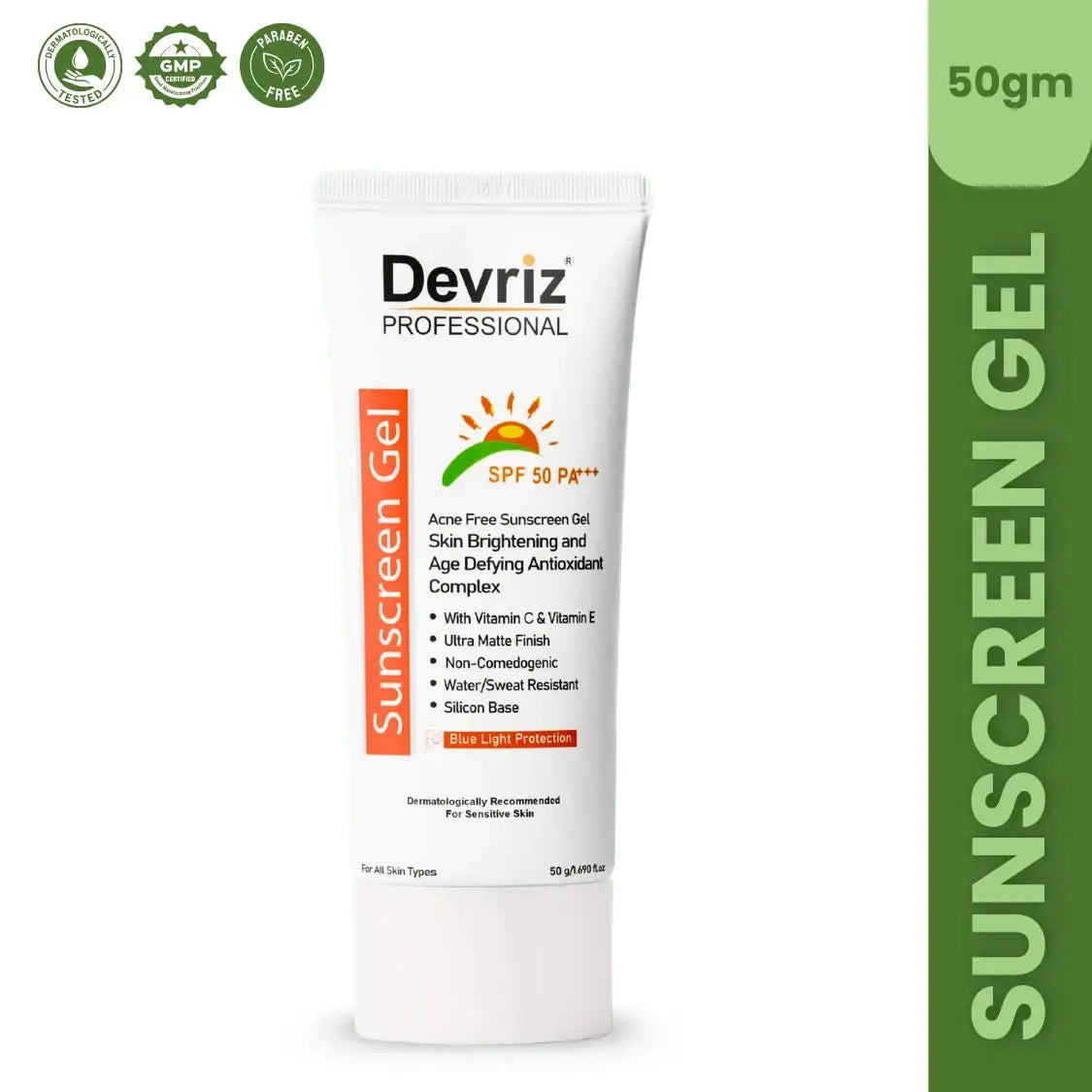
Introduction
Acne isn’t just a teenage problem—it’s a universal one. Whether you’re a student navigating hormonal shifts or a professional dealing with stress-induced breakouts, the search for the best acne treatment products can feel never-ending. The truth? There’s no magic fix. But with the right approach and the right products, you can absolutely gain control over your skin.
This guide is here to help. We’ll walk through what causes acne, which ingredients actually work, and how to choose the best acne treatment products that align with your skin type and lifestyle. Let’s get into it.
What Causes Acne?
Before we talk about treatment, let’s understand the condition itself. Acne forms when hair follicles become blocked with excess oil, dead skin cells, and bacteria. This blockage leads to inflammation, which shows up as blackheads, whiteheads, pimples, or cysts.
Common causes include:
- Hormonal fluctuations
- Excess sebum production
- Stress
- Poor diet or dehydration
- Clogged pores from heavy makeup
- Skipping proper cleansing routines
Knowing what’s behind your acne can help you better choose products that address the root cause—not just the symptoms.

Why Product Choice Matters
The skincare market is saturated with promises. But the best acne treatment products don’t overpromise and underdeliver—they rely on science-backed ingredients and consistent usage.
A harsh cleanser may strip your skin’s barrier, while an oil-heavy moisturizer may clog pores. That’s why choosing the right combination of products is essential. The right treatment helps unclog pores, reduce bacteria, and balance oil—all without making your skin worse.
At Devriz Healthcare, we believe good skincare is rooted in balance, not aggressiveness. Consistency matters more than hype.
Key Ingredients to Look For
When evaluating acne products, skip the buzzwords and focus on ingredients that dermatologists trust. Here are the core players in effective acne care:
1. Salicylic Acid
This beta-hydroxy acid is oil-soluble, meaning it gets deep into pores to clear out blockages. Ideal for blackheads and whiteheads.
2. Benzoyl Peroxide
One of the most well-researched acne fighters, benzoyl peroxide targets acne-causing bacteria and reduces inflammation.
3. Niacinamide
This calming form of vitamin B3 reduces redness and oil production while strengthening the skin barrier.
4. Retinoids (Vitamin A derivatives)
Encourage cell turnover and prevent pores from getting clogged. Ideal for adult and hormonal acne.
5. Azelaic Acid
Kills bacteria and gently exfoliates. Also reduces post-acne hyperpigmentation.
6. Tea Tree Oil
A natural option with antibacterial and anti-inflammatory properties. Works well for mild breakouts.

Best Acne Treatment Products by Category
Let’s break down what types of products you need in your routine, and which ingredients should be doing the heavy lifting.
1. Cleansers
Gentle but effective cleansers are key. Look for sulfate-free formulas with salicylic acid or tea tree oil. Avoid anything too harsh that strips your skin.
2. Toners
Use alcohol-free toners with calming ingredients like witch hazel, green tea extract, or niacinamide.
3. Spot Treatments
Benzoyl peroxide and sulfur-based treatments are effective for active breakouts. These are meant to be applied only on affected areas.
4. Serums
Niacinamide or azelaic acid-based serums can reduce inflammation and pigmentation left by acne.
5. Moisturizers
Hydration matters—even for oily skin. Use non-comedogenic formulas with lightweight humectants like hyaluronic acid.
6. Sunscreens
Sun exposure can worsen acne marks. Choose oil-free, mineral-based sunscreens with zinc oxide or titanium dioxide.
How to Build a Smart Acne Routine
Creating an acne routine doesn’t need to be complex. Start small and build based on how your skin responds.
Morning:
- Gentle cleanser
- Toner (optional)
- Treatment serum
- Moisturizer
- Sunscreen
Evening:
- Cleanser
- Toner
- Spot treatment (if needed)
- Retinoid (2–3x/week for beginners)
- Moisturizer
This kind of structured regimen, when built around the best acne treatment products, can dramatically improve your skin over time.

Adjusting Your Routine for Different Acne Types
Acne is not one-size-fits-all. Here’s how to modify your routine based on what you’re dealing with:
Blackheads & Whiteheads:
Focus on salicylic acid cleansers and clay masks once a week.
Inflammatory Acne (papules & pustules):
Incorporate benzoyl peroxide and niacinamide.
Hormonal Acne:
Retinoids and azelaic acid are your best allies. Also evaluate your diet and sleep habits.
Cystic Acne:
These deep, painful bumps often need prescription support. Topicals alone may not be enough.
What About Natural Alternatives?
Not every effective product is chemical-based. Some natural options can help mild breakouts:
- Green Tea Extract – antioxidant and anti-inflammatory
- Honey – antibacterial and soothing
- Aloe Vera – calming and hydrating
- Turmeric – reduces inflammation and pigmentation
While these aren't always as potent as clinical formulas, they can complement your routine and minimize irritation—especially for sensitive skin types.
That’s part of the approach we support at Devriz Healthcare: combining nature with science to support healthy, balanced skin.
Mistakes to Avoid
Even if you use the best acne treatment products, mistakes in your routine can set you back. Watch out for these:
- Over-washing or over-exfoliating
- Skipping moisturizer
- Switching products too quickly
- Popping or picking at blemishes
- Not using sunscreen
- Applying too many actives at once
Give each product a few weeks to work. Acne treatment is a marathon, not a sprint.
Lifestyle Factors Matter Too
No product will fix everything if internal issues are ignored. These healthy habits make a big difference:
- Drink at least 2 liters of water daily
- Reduce processed sugar and dairy
- Get 7–8 hours of sleep
- Change pillowcases often
- Reduce stress through mindfulness, yoga, or walking
- Keep your phone screen and hands clean
Holistic care is part of every skincare success story—and one that aligns closely with Devriz Healthcare’s philosophy of total wellness.
How Long Does It Take to See Results?
With consistent use of high-quality acne treatment products, expect:
- Mild acne: noticeable changes in 2–4 weeks
- Moderate acne: 6–8 weeks
- Severe acne: 3–6 months or longer
The key is patience. Give your products time to do their job.
Frequently Asked Questions (FAQs)
1. Can I use multiple acne products at once?
Start with one or two actives. Combining too many can irritate your skin.
2. Do I need moisturizer if my skin is oily?
Yes. Skipping moisturizer leads to dehydration, causing even more oil.
3. Is retinol good for acne?
Absolutely. Retinol unclogs pores and helps with post-acne marks too.
4. How can I tell if a product is non-comedogenic?
Look for “non-comedogenic” or “won’t clog pores” on the label.
5. What’s better—benzoyl peroxide or salicylic acid?
It depends. Benzoyl targets bacteria; salicylic is best for clogged pores.
6. Are natural products enough for severe acne?
Usually not. They’re great for mild cases or as a complement to medical treatments.
7. Can I exfoliate if I have acne?
Yes, but gently. Use chemical exfoliants 1–2 times a week.
8. Is sunscreen really necessary?
Yes. Acne treatments make skin more sun-sensitive, and sun exposure worsens scarring.
9. Should I see a dermatologist?
If your acne is painful or unresponsive, a professional can guide stronger options.
10. Will my acne ever go away completely?
Most acne can be managed or minimized with the right skincare and habits.
Final Thoughts
Finding the best acne treatment products is more than just picking a name off a shelf. It’s about understanding your skin, choosing ingredients that work for you, and sticking to a consistent routine. Acne may be stubborn—but with knowledge, patience, and the right support, clear skin is entirely achievable.
Take your time. Track what works. Avoid overloading your routine. And remember: your skin is worth the effort.





